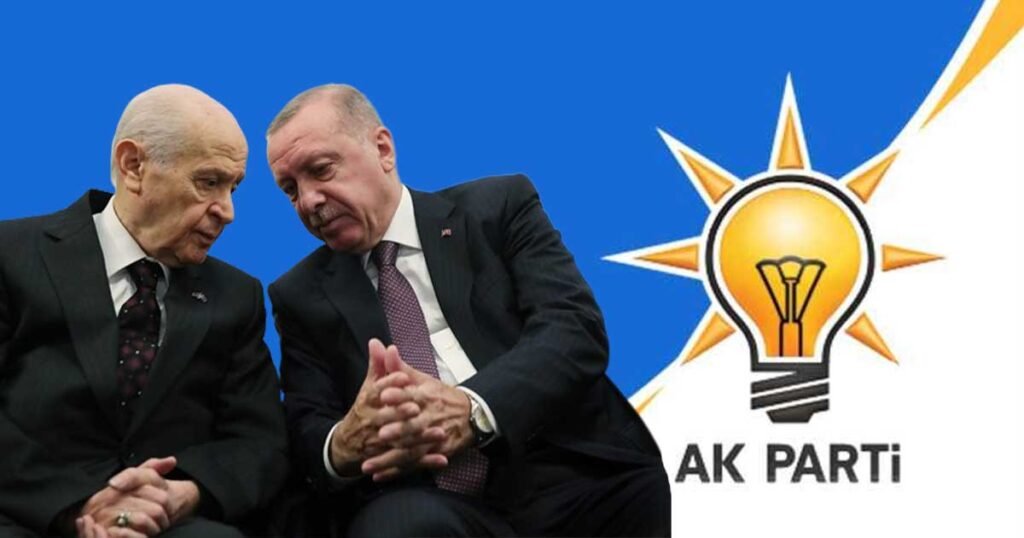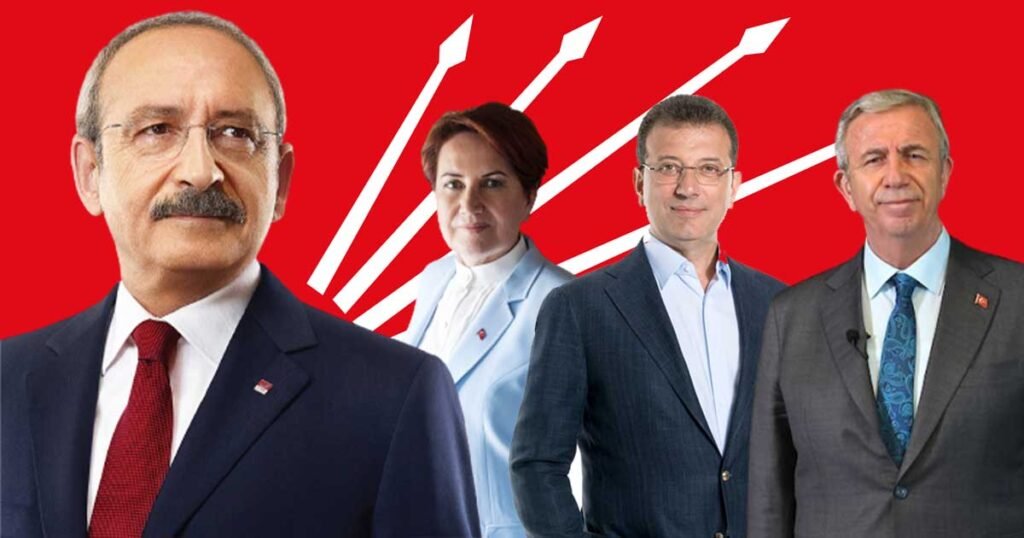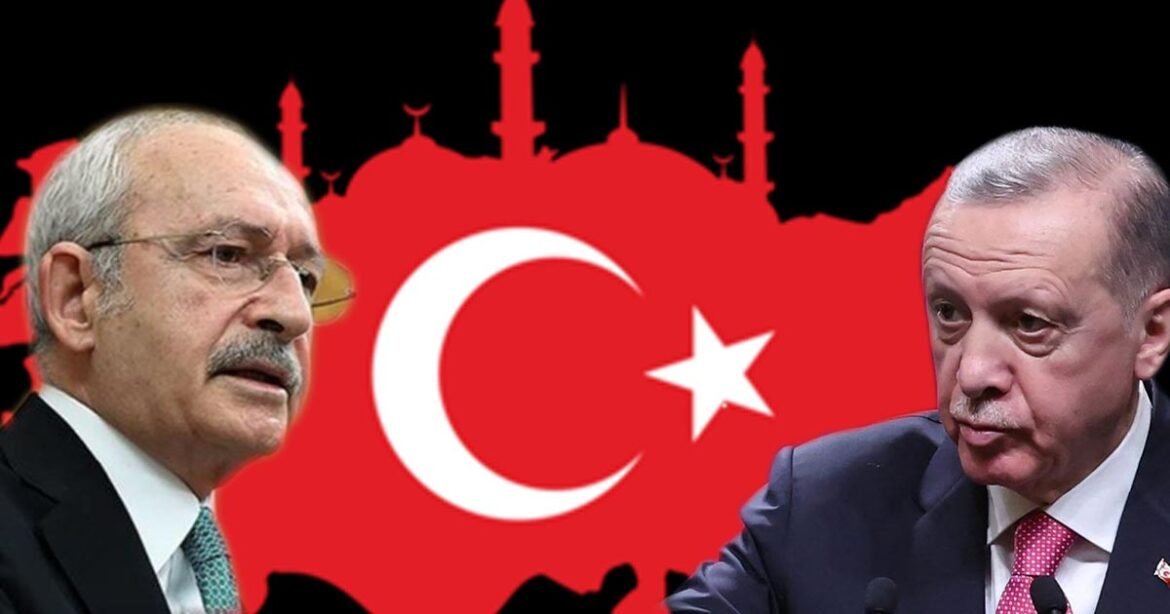President Tayyip Erdogan’s two-decade rule will be on the line on May 14, when he faces opposition challenger Kemal Kilicdaroglu in Türkiye’s historic elections, which polls indicate will be competitive.
In Türkiye, the president is elected through a two-round process, while 600 members of the Grand National Assembly of Türkiye are selected through concurrent parliamentary elections. Ahmet Yener, the head of Türkiye’s election commission (YSK), has announced that 26 political parties have submitted their lists of candidates for the upcoming general election. Each party in the ruling People’s Alliance submitted their own lists, whereas the primary opposition Nation Alliance will run candidates from the CHP and Y Party.
Read more at: IMPACT OF SOCIAL MEDIA ON POLITICAL CAMPAIGNS
On May 14, electors will choose between the incumbent president and four opposition leaders devoted to defeating Erdogan. The elections could be the most significant in the country’s history, threatening Erdogan’s two-decade rule.
The Nationalist Movement Party (MHP) is the principal ally of Erdogan’s Islamist-rooted Justice and Development (AK) Party. The secularist Republican People’s Party (CHP) and five other parties establish an opposition alliance that is anticipated to receive backing from the principal Kurdish People’s Democratic Party (HDP), giving it a lead in some polls. In the most recent survey conducted by Metropoll, 42.6% of respondents said they would vote for Kilicdaroglu and 41.1% said they would vote for Erdogan in the first round of voting. The other candidates received a total of 7.2% of the vote.
The Ruling Bloc
President Tayyip Erdogan
Twenty years ago, Erdogan came to power as Türkiye was emerging from a period of severe inflation. He campaigned on the promise of providing stable leadership, and his coalition was quickly accused of mismanagement. At the height of his achievement, Türkiye experienced a sustained economic boom with rising living standards for its 85 million citizens.
Nevertheless, Erdogan is confronted with the greatest political obstacle since AK Party took office in 2002. In recent years, since the Turkish lira has plummeted in value and inflation has escalated, polls indicate a decline in support. Opponents have blamed the economic policies of the president. According to surveys, support for Erdogan decreased slightly after the February earthquakes that killed more than 50,000 people in Türkiye, as many voters believed the initial response to the crisis was too slow.
Nonetheless, the president reinforced his economic principles that investment, production, exports, and an eventual current account surplus would boost the gross domestic product of Türkiye.

Devlet Bahceli
The 75-year-old ultranationalist leader Devlet Bahceli has helped Erdogan maintain his grip on power by supporting his 2017 referendum campaign to convert to an executive presidency. Bahceli’s MHP began cooperating with Erdogan and his AKP following the failed coup attempt of 2016. During an increase in violence between the Turkish military and Kurdistan Workers’ Party (PKK) militants, closer ties were forged. Bahceli’s discourse is dominated by his loathing of the PKK and his opposition to pro-Kurdish parties.
The Opposition Alliance
Kemal Kilicdaroglu
Veteran politician and leader of the Republican People’s Party (CHP), Kemal Kilicdaroglu is the leading opposition candidate for president. He is supported by three individuals who possess this characteristic in abundance: Meral Aksener, the leader of the IYI Party, and Mansur Yavas and Ekrem Imamoglu, the mayors of Ankara and Istanbul, respectively. This coalition represents Erdogan’s greatest challenge in years, and it arrives at a time when the president’s long-dominant AK Party is particularly vulnerable. The opposition wishes to focus on the economic situation and the government’s response to the twin earthquakes that devastated southeastern Türkiye in early February.

Meral Aksener
Former interior minister Meral Aksener is the leader of the second-largest opposition party, the moderately nationalist and centrist IYI Party. Since she was dismissed out of the MHP party in 2016 for trying to topple Bahceli, she has risen to popularity. She appeals to conservative electors and those dissatisfied with the MHP’s partnership with the AKP.
She has advocated for a return to the parliamentary system that Erdogan supplanted with a presidential system in 2018.She rejoined the alliance after persuading Kilicdaroglu that the mayors of Istanbul and Ankara would serve as vice presidents if the opposition wins the May presidential election.
Istanbul Mayor Ekrem Imamoglu
The 52-year-old former businessman Ekrem Imamoglu ascended to prominence in March 2019 when he defeated the AKP’s candidate in the Istanbul municipal election, following five years as mayor of an Istanbul district for the CHP. If the ruling is upheld, he will be banned from politics after being sentenced to more than two years in prison for denigrating public officials in 2022.
Ankara Mayor Mansur Yavas
Mansur Yavas, a 67-year-old nationalist politician and attorney, defeated the AKP’s Ankara mayoral candidate in 2019 as the CHP candidate supported by an opposition alliance. Prior to 2009, he served as the nationalist MHP mayor of an Ankara district for ten years. In 2013, he quit MHP and joined CHP.


